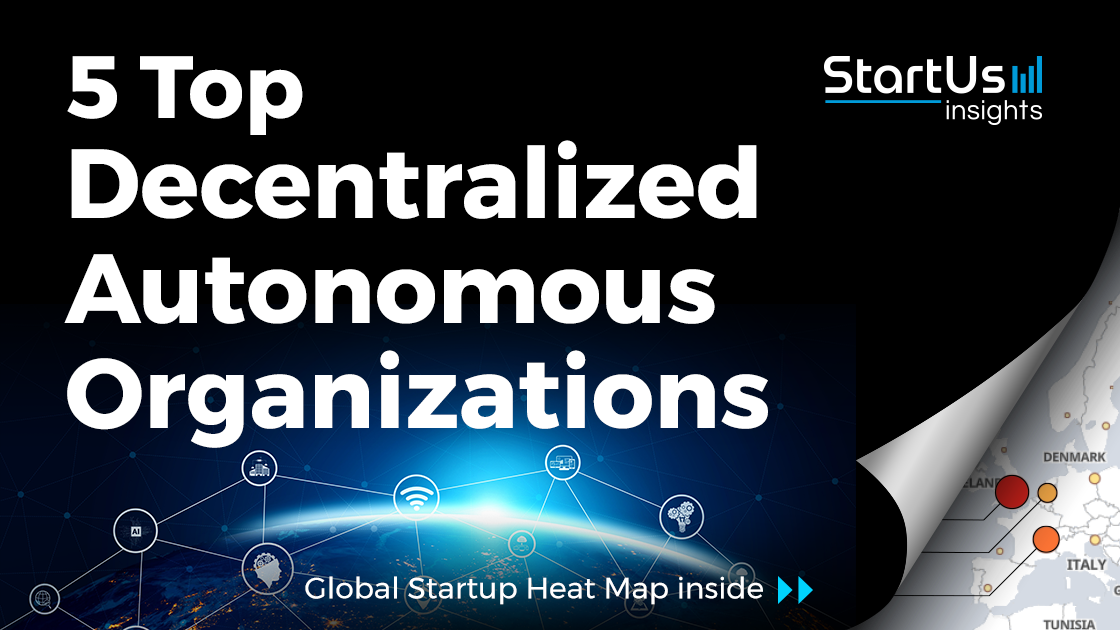
Decentralized Autonomous Organizations in the Metaverse: Navigating Virtual Governance
In the ever-evolving landscape of the digital realm, the emergence of Decentralized Autonomous Organizations (DAOs) has brought forth a new era of governance within the Metaverse. As virtual spaces continue to gain prominence, the need for innovative and decentralized structures becomes apparent. Let’s delve into the intricacies of Metaverse DAOs and how they are shaping the future of virtual communities.
The Rise of Metaverse DAOs
The Metaverse, a collective virtual shared space, is rapidly expanding with diverse activities ranging from gaming to social interactions. This dynamic environment necessitates robust governance systems, and DAOs are stepping up to the challenge. Unlike traditional organizations, Metaverse DAOs operate on blockchain technology, enabling decentralized decision-making and increased transparency.
Navigating Virtual Governance
In the Metaverse, traditional hierarchical structures are replaced by decentralized governance models, giving every participant a voice. DAOs utilize smart contracts to automate decision processes, ensuring that rules and regulations are transparently executed. This shift from centralized control to community-driven governance fosters a sense of ownership among users, aligning with the essence of a true Metaverse.
The Role of Smart Contracts
Smart contracts, the building blocks of Metaverse DAOs, play a pivotal role in automating and enforcing rules within these decentralized entities. These self-executing contracts are coded to execute predefined conditions, eliminating the need for intermediaries. This not only streamlines decision-making but also enhances security and trust among Metaverse community members.
Challenges and Opportunities
While Metaverse DAOs bring a new dimension to virtual governance, they are not without challenges. Security concerns, regulatory uncertainties, and the potential for manipulation pose risks to these decentralized structures. However, these challenges also present opportunities for innovation and improvement. As the Metaverse continues to evolve, DAOs have the potential to adapt and address these issues collaboratively.
Building a Decentralized Future
Metaverse DAOs are not just shaping the present; they are laying the foundation for a decentralized future. The collaborative efforts of participants in these virtual communities create a paradigm shift in how we perceive and engage with digital spaces. The ability to contribute to decision-making processes and shape the rules of the Metaverse empowers users, fostering a sense of belonging and shared responsibility.
Metaverse DAOs in Action
To grasp the real-world impact of Metaverse DAOs, one needs to look no further than the ongoing projects and initiatives. Communities are forming, decisions are being made collectively, and the Metaverse is becoming a dynamic ecosystem where users actively shape their experiences. The seamless integration of blockchain technology ensures the integrity and transparency of these decentralized processes.
Connecting the Dots: Metaverse DAOs
As we navigate the evolving landscape of the Metaverse, the role of DAOs becomes increasingly evident. Decentralized Autonomous Organizations are not just a theoretical concept but a practical solution to the challenges of virtual governance. To delve deeper into this transformative movement and explore ongoing projects, visit Metaverse DAOs. The journey into the decentralized future of the Metaverse has only just begun, and DAOs are at the forefront, guiding the way.
In conclusion, Metaverse DAOs are not merely a technological innovation; they represent a shift in how we organize, govern, and participate in virtual communities. As these decentralized entities continue to evolve, the Metaverse is poised to become a more inclusive, transparent, and collectively governed space. The journey is ongoing, and the exploration of possibilities within the Metaverse DAO landscape is an exciting adventure that invites users to actively shape the future of virtual reality.
